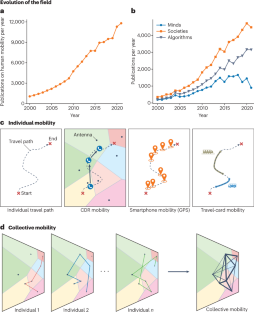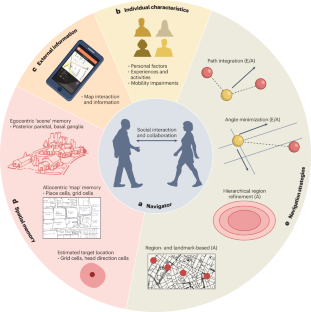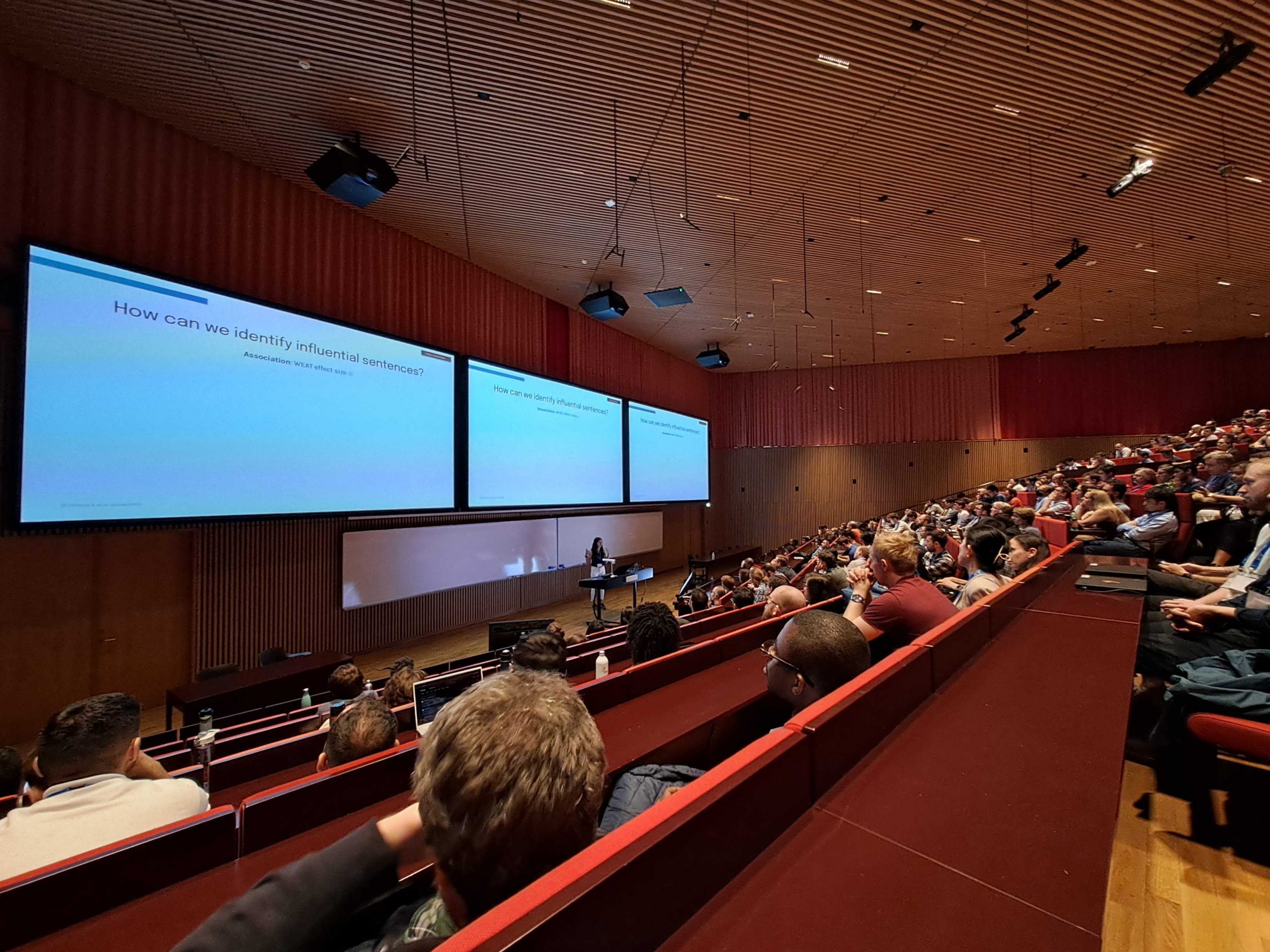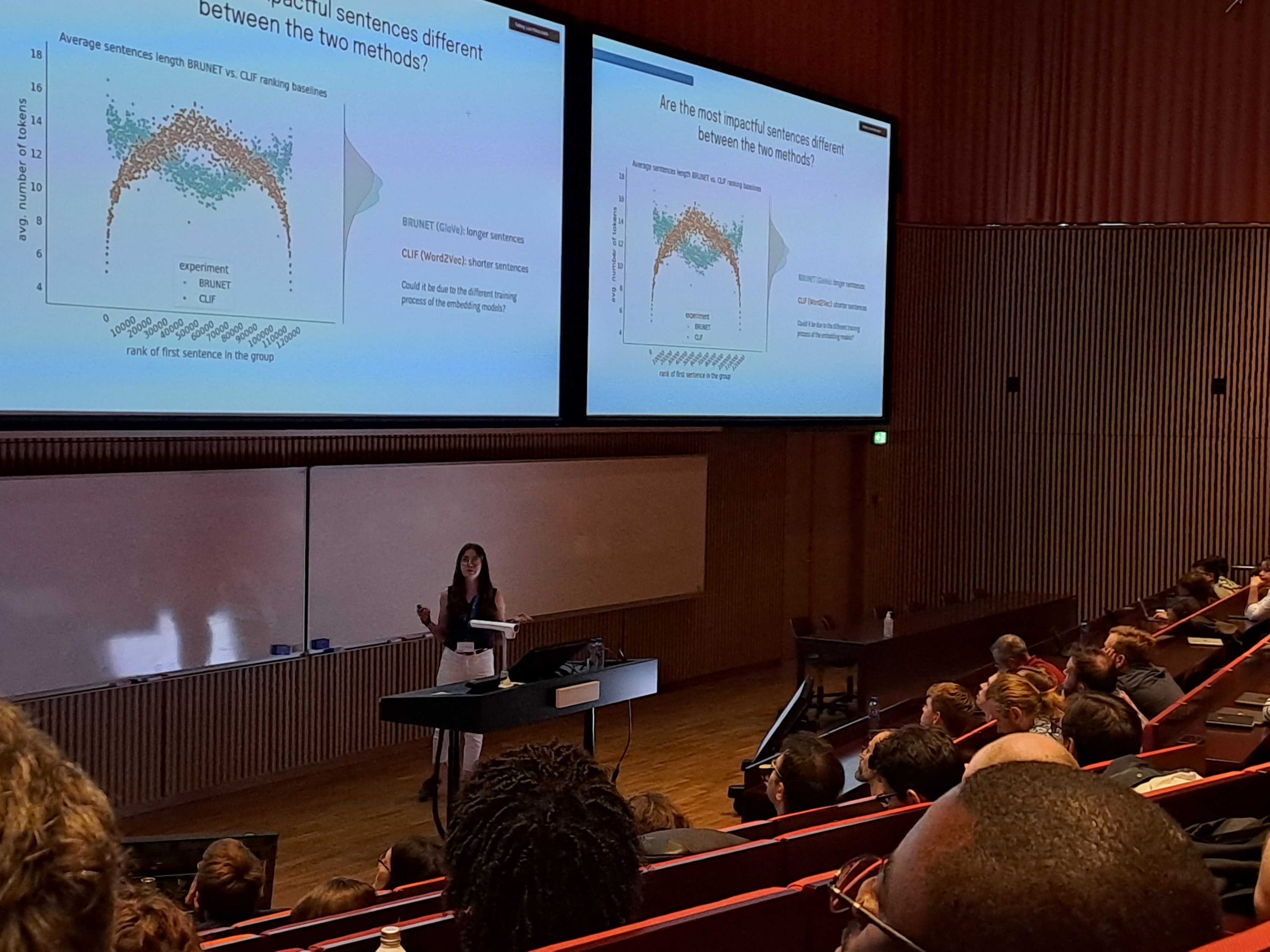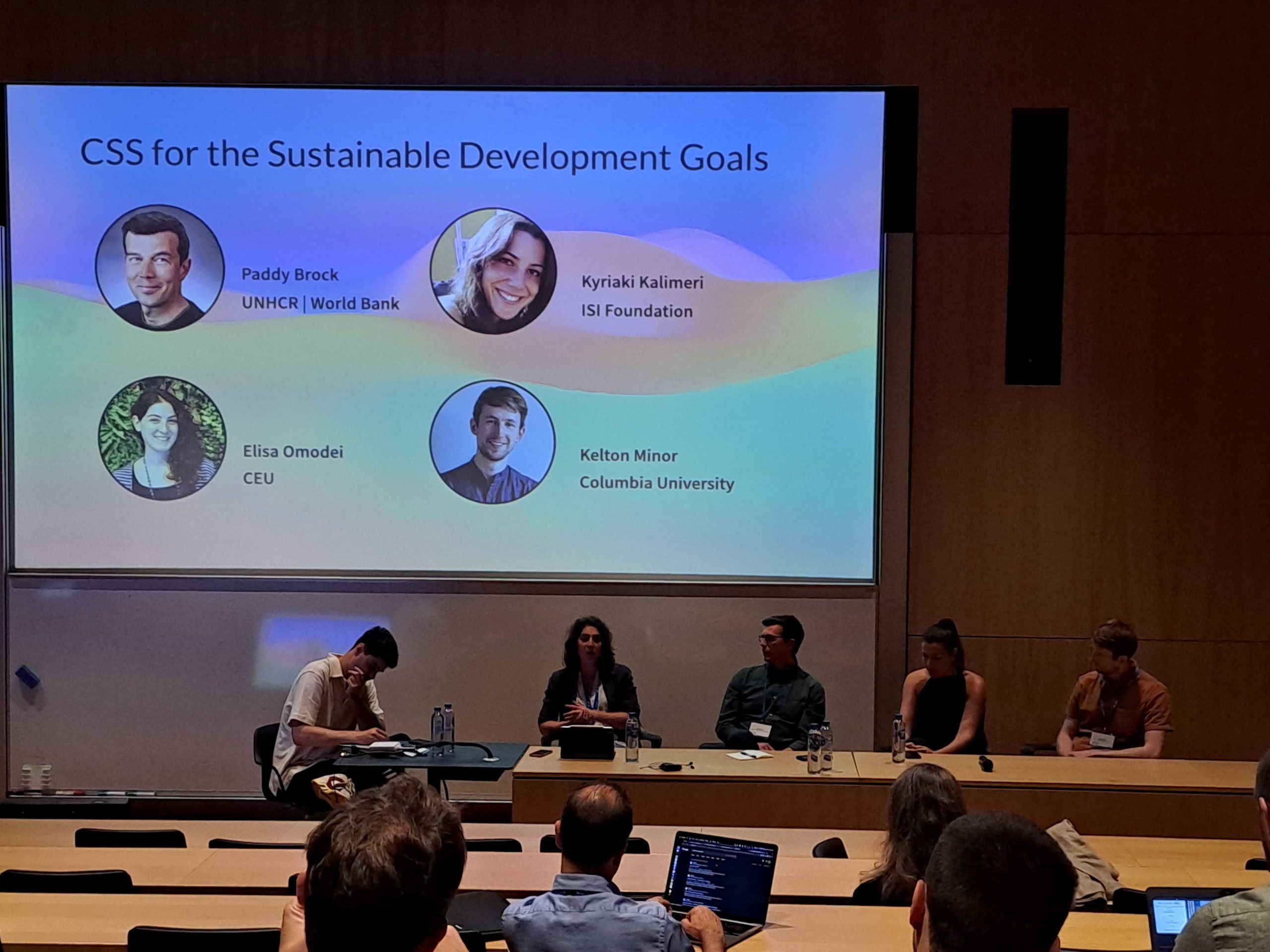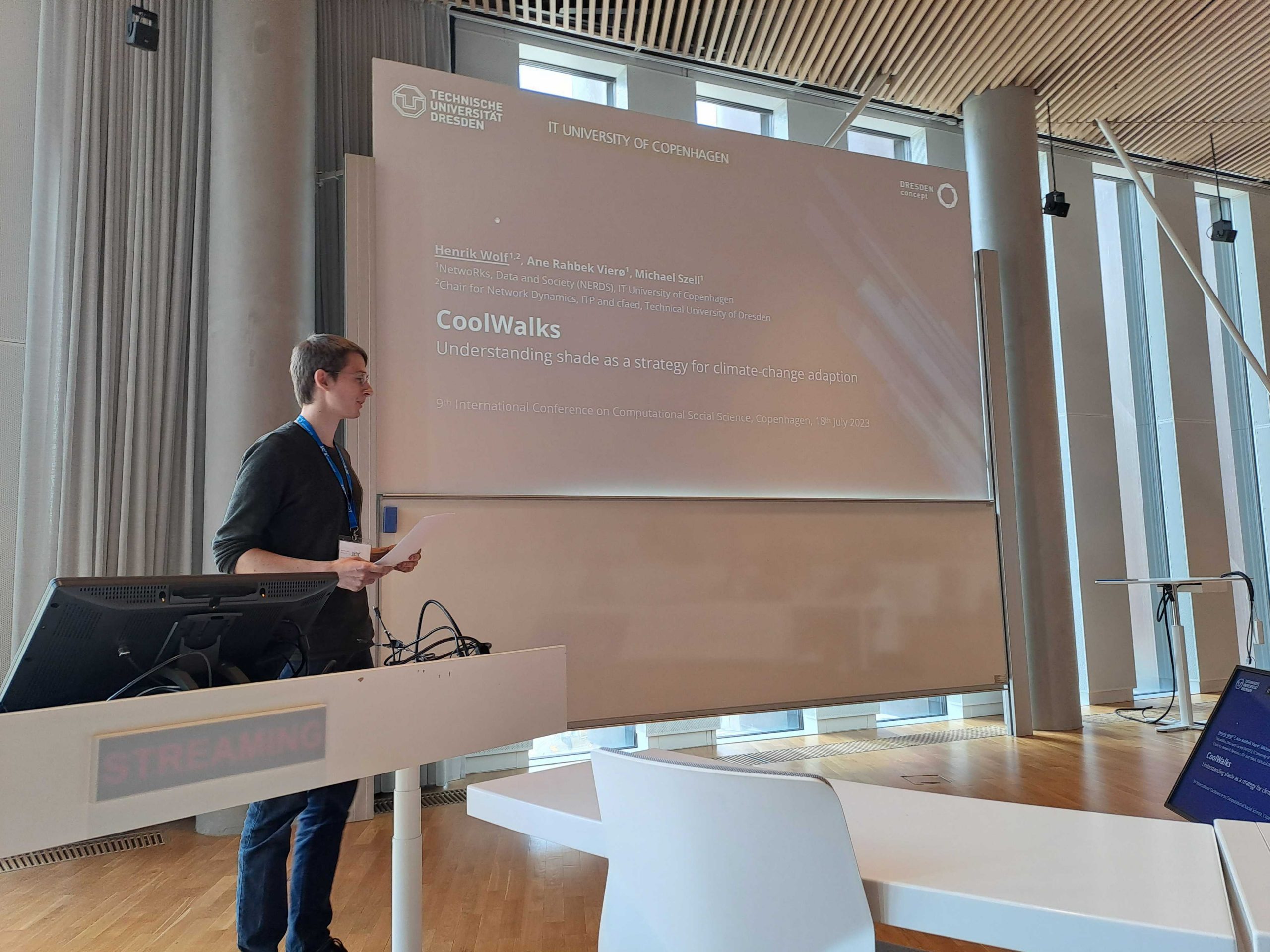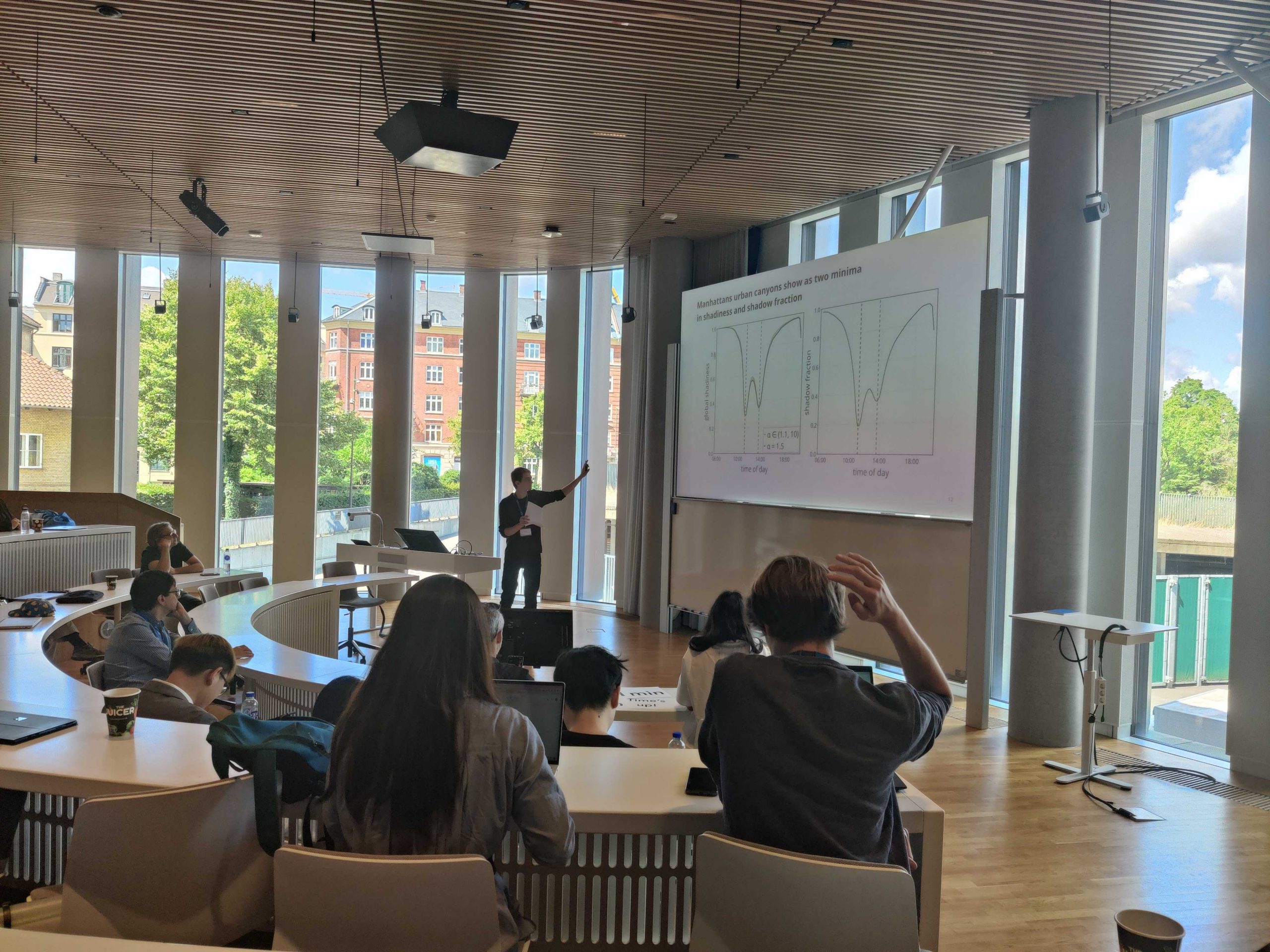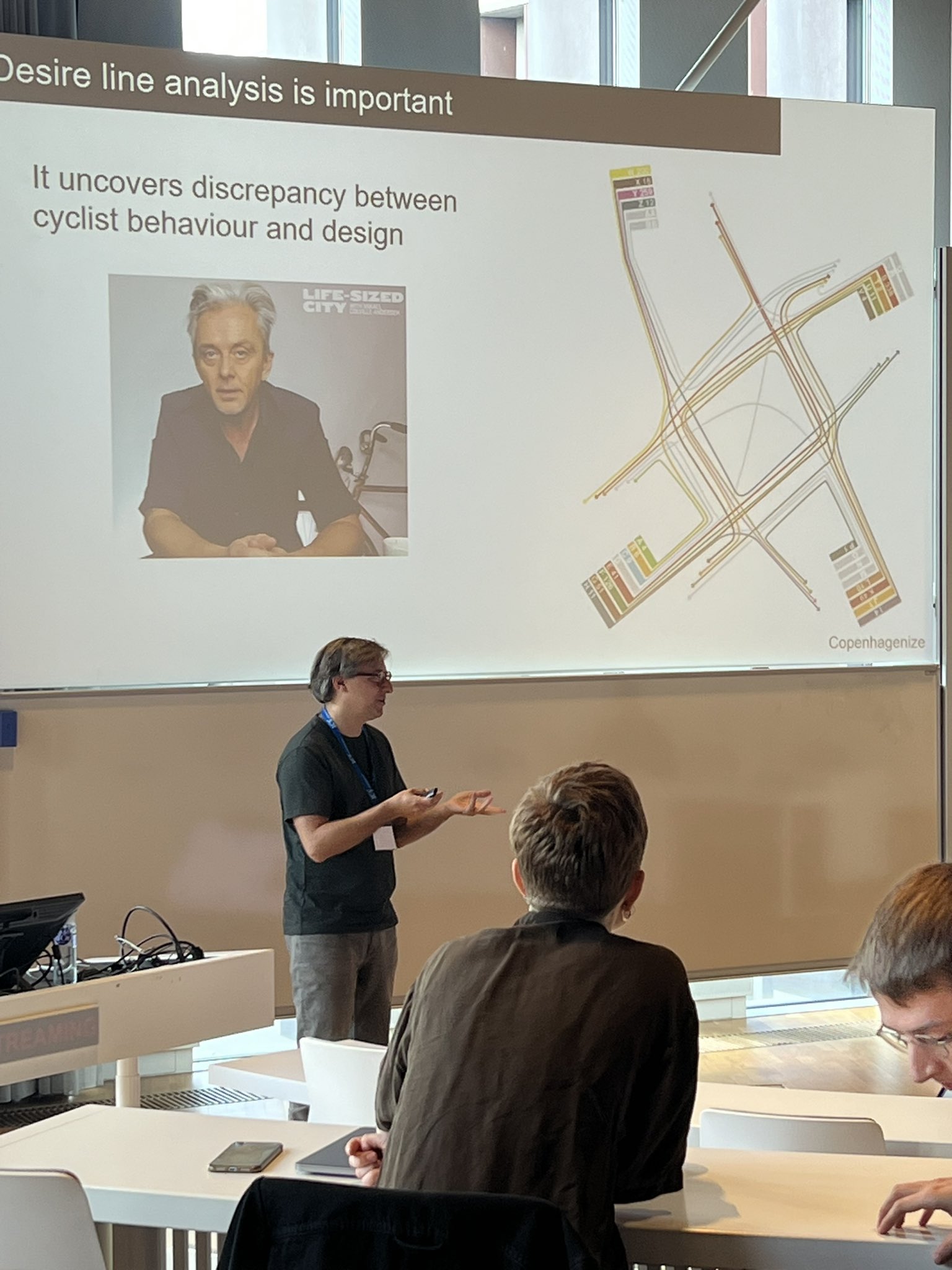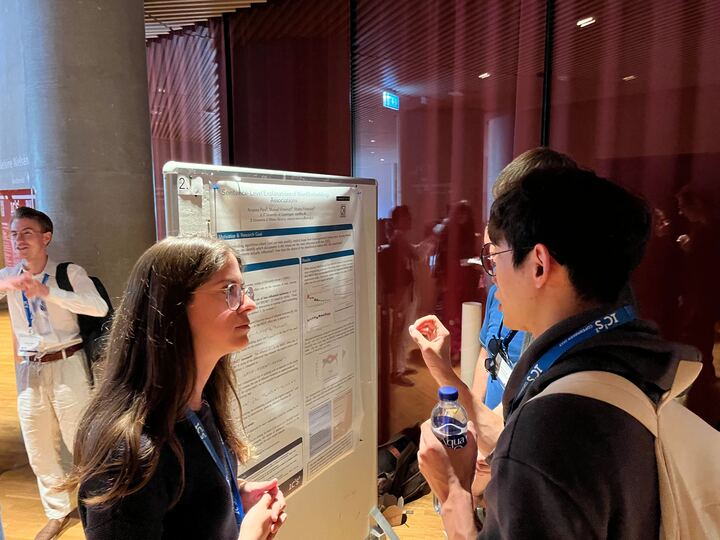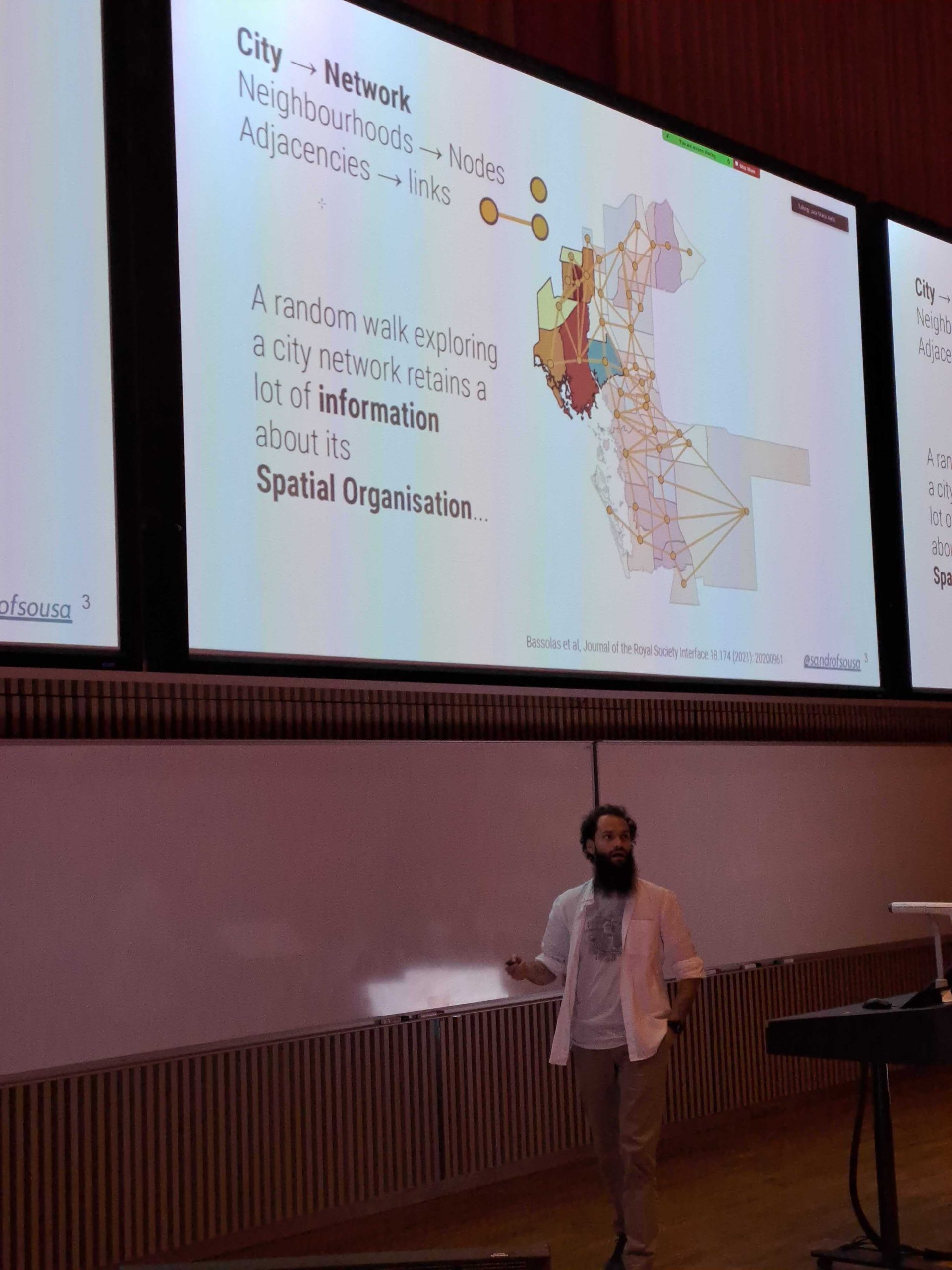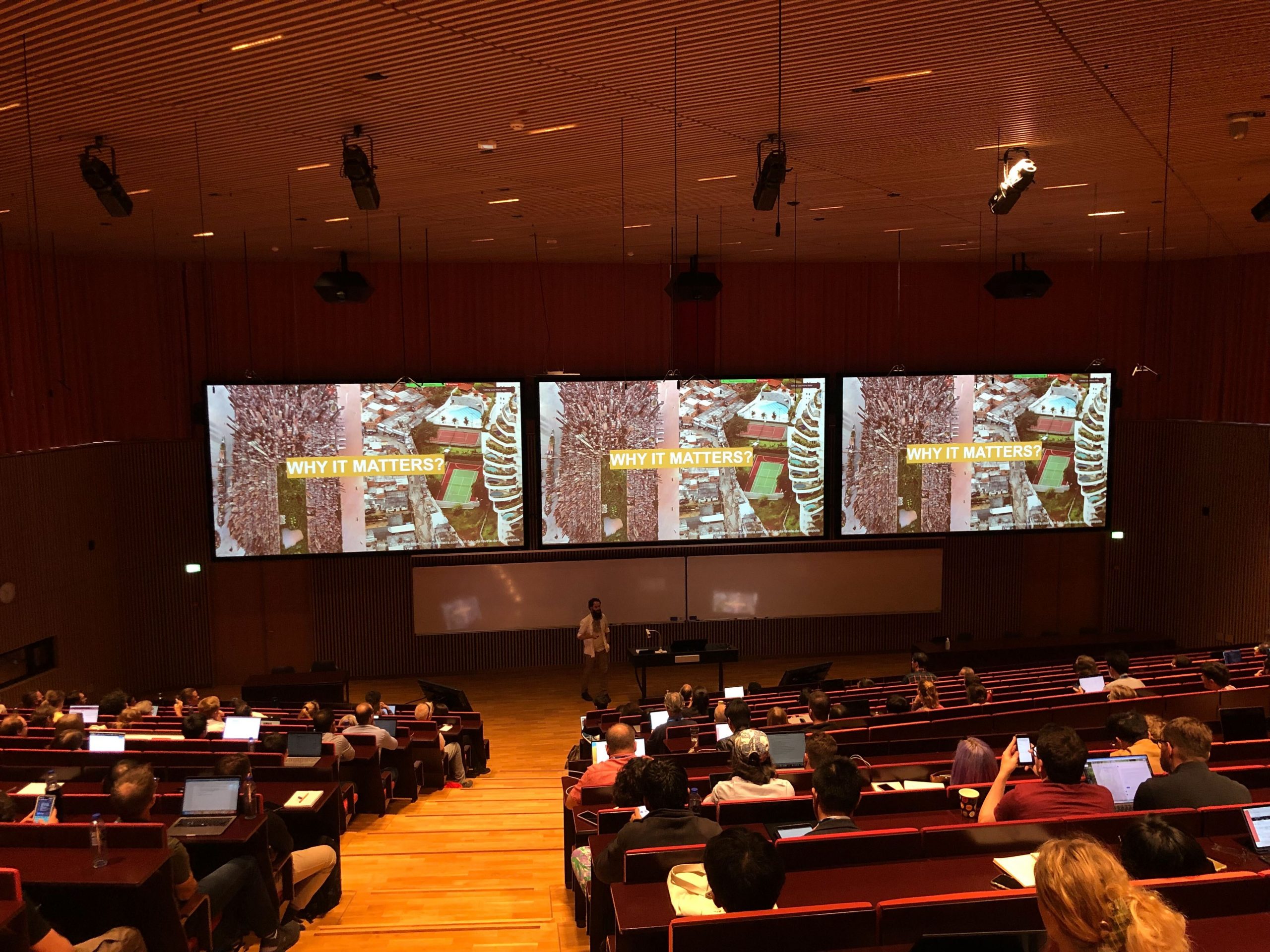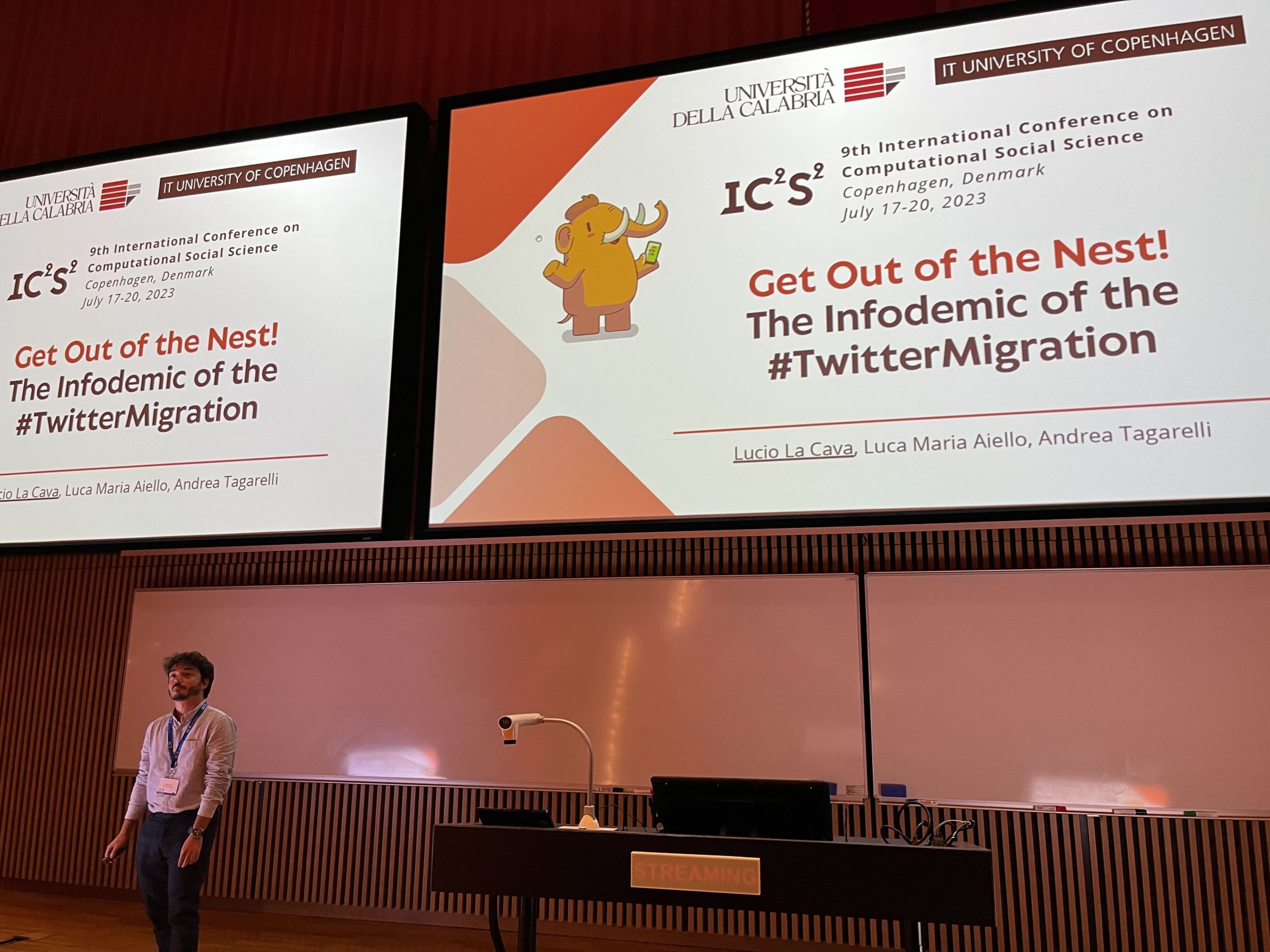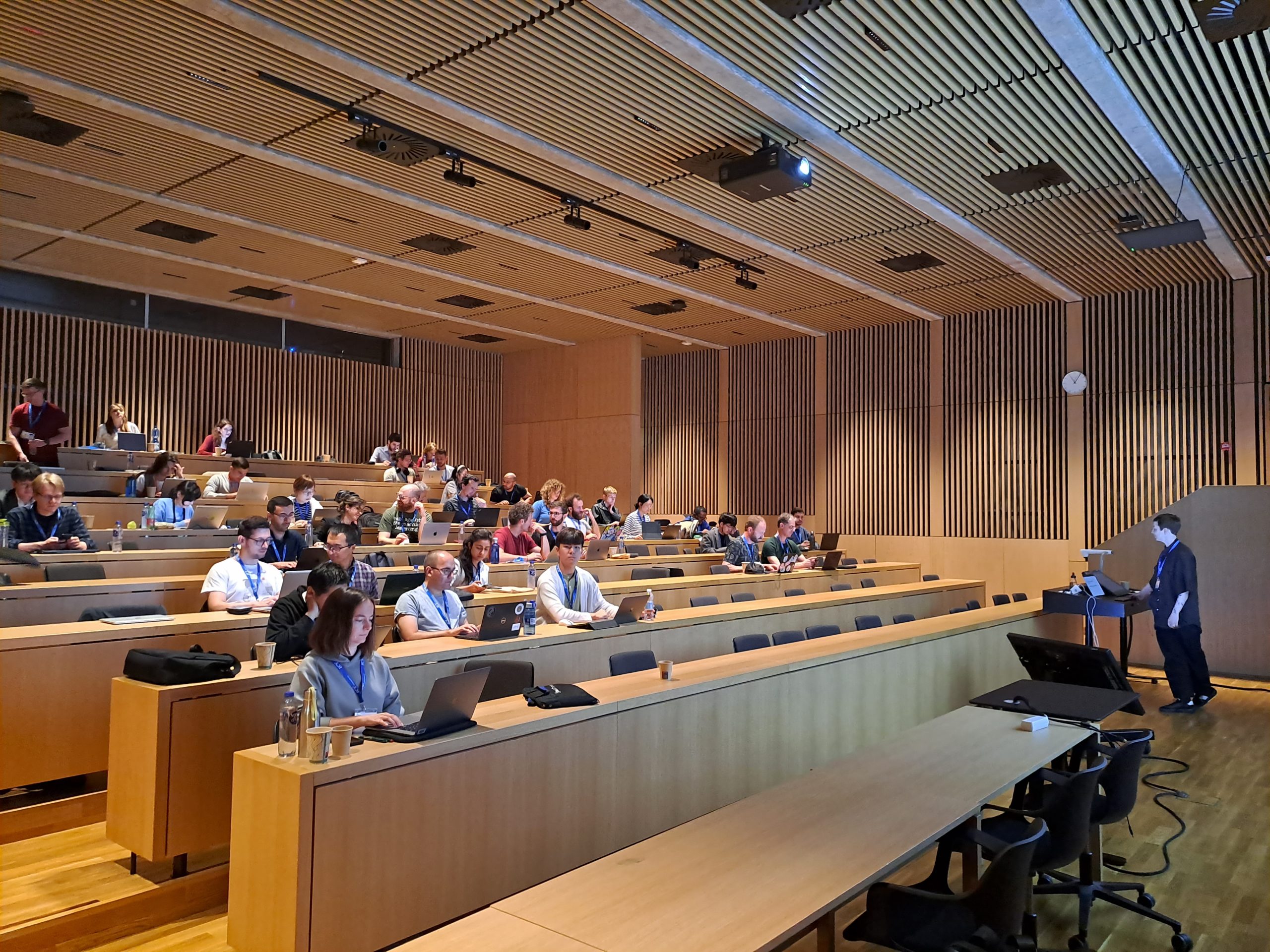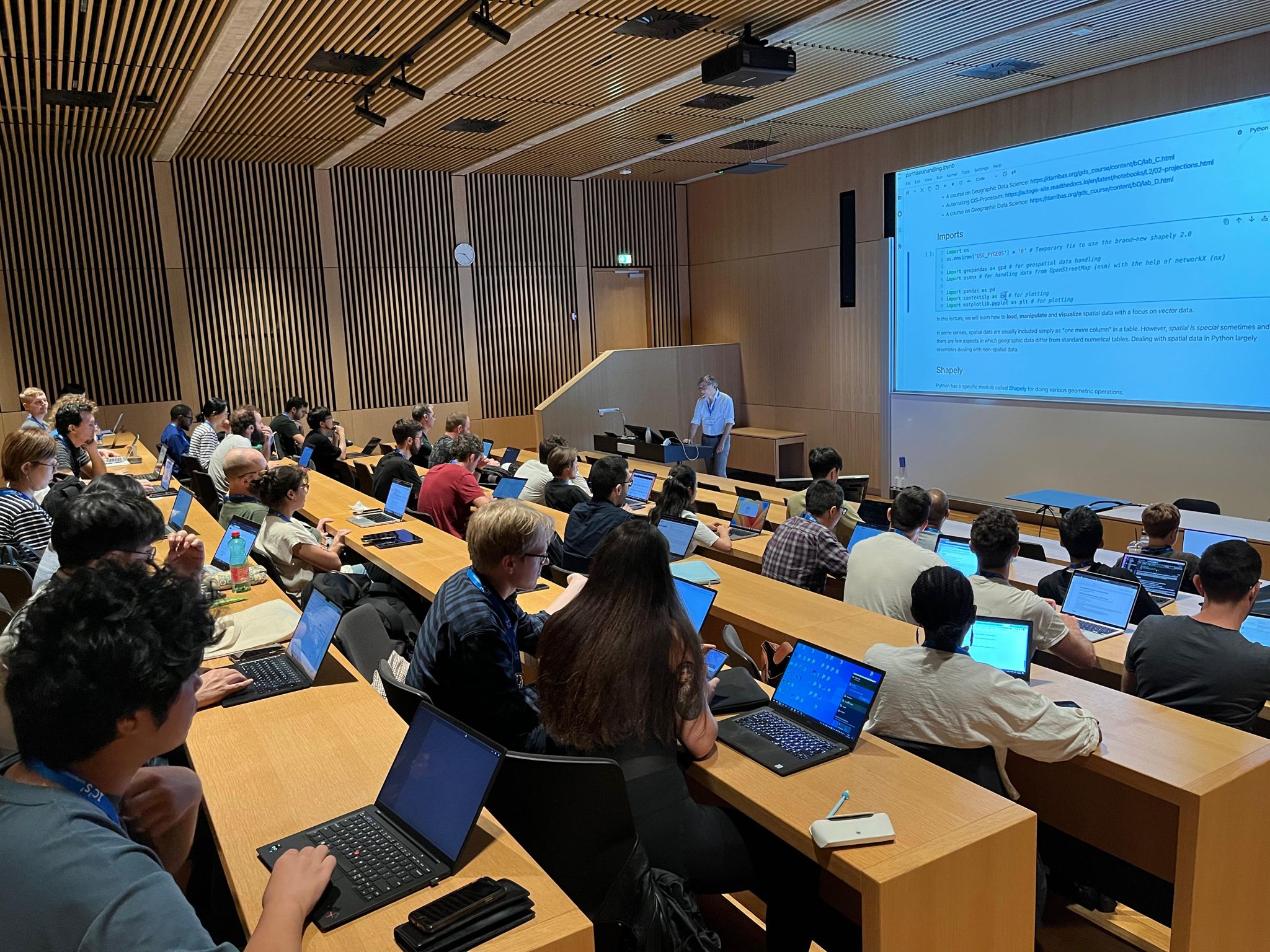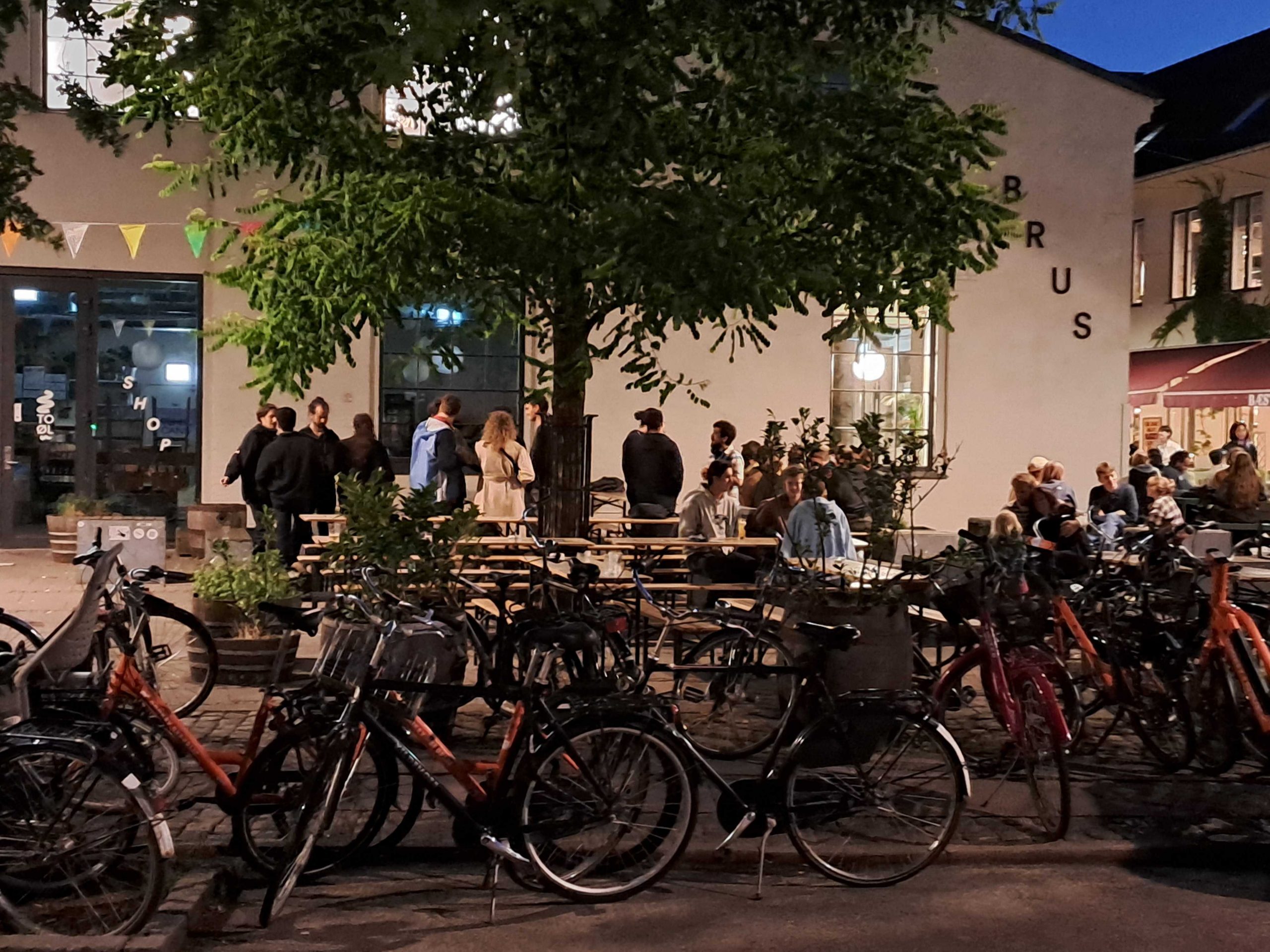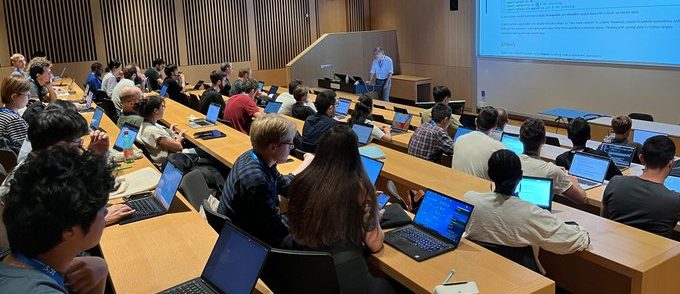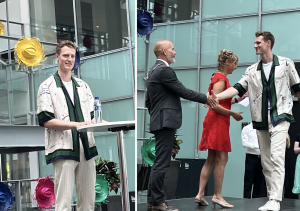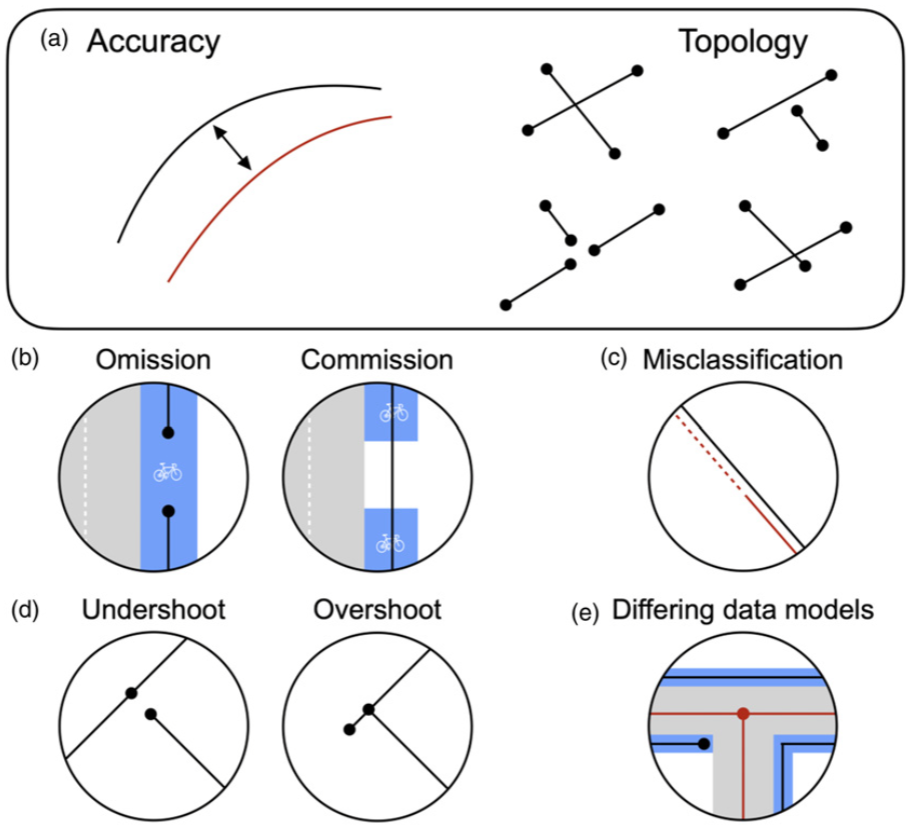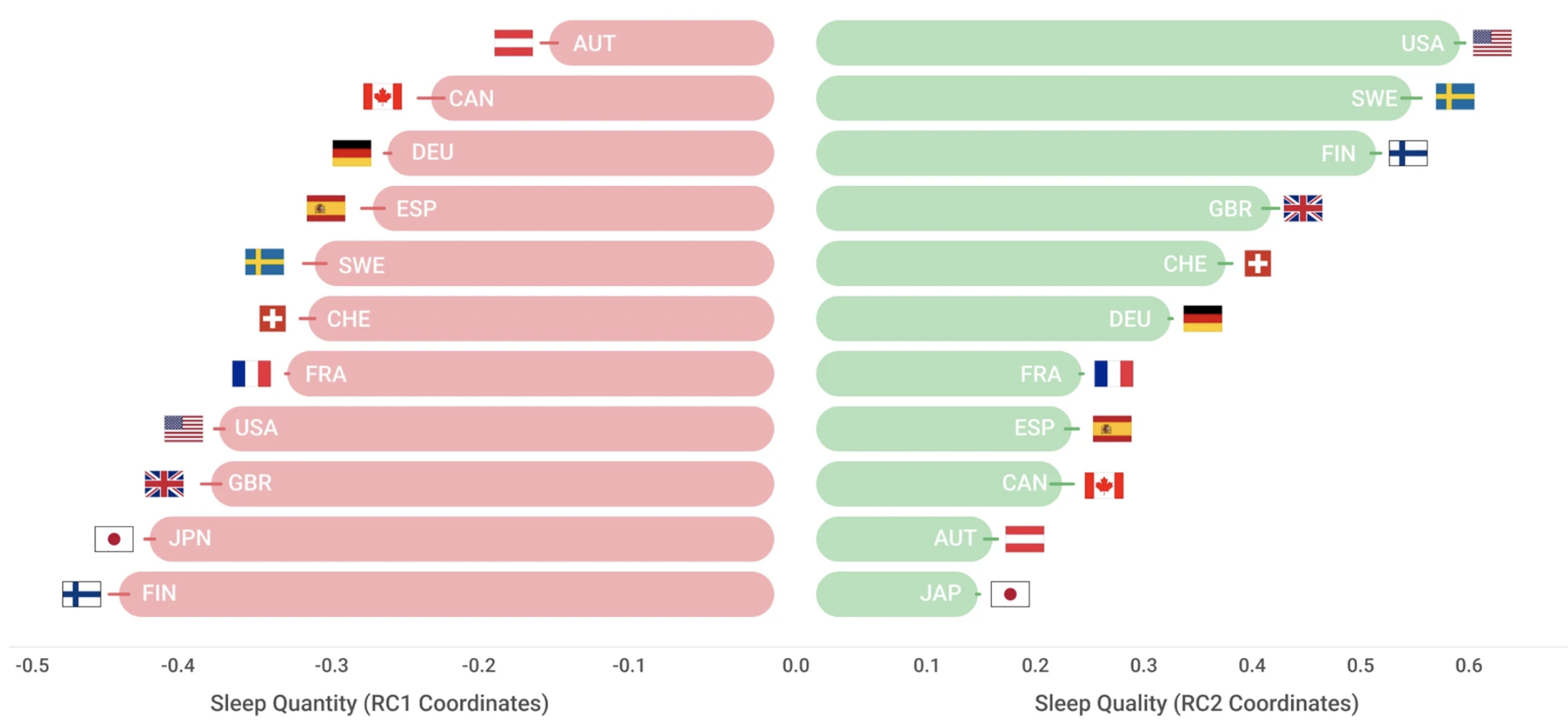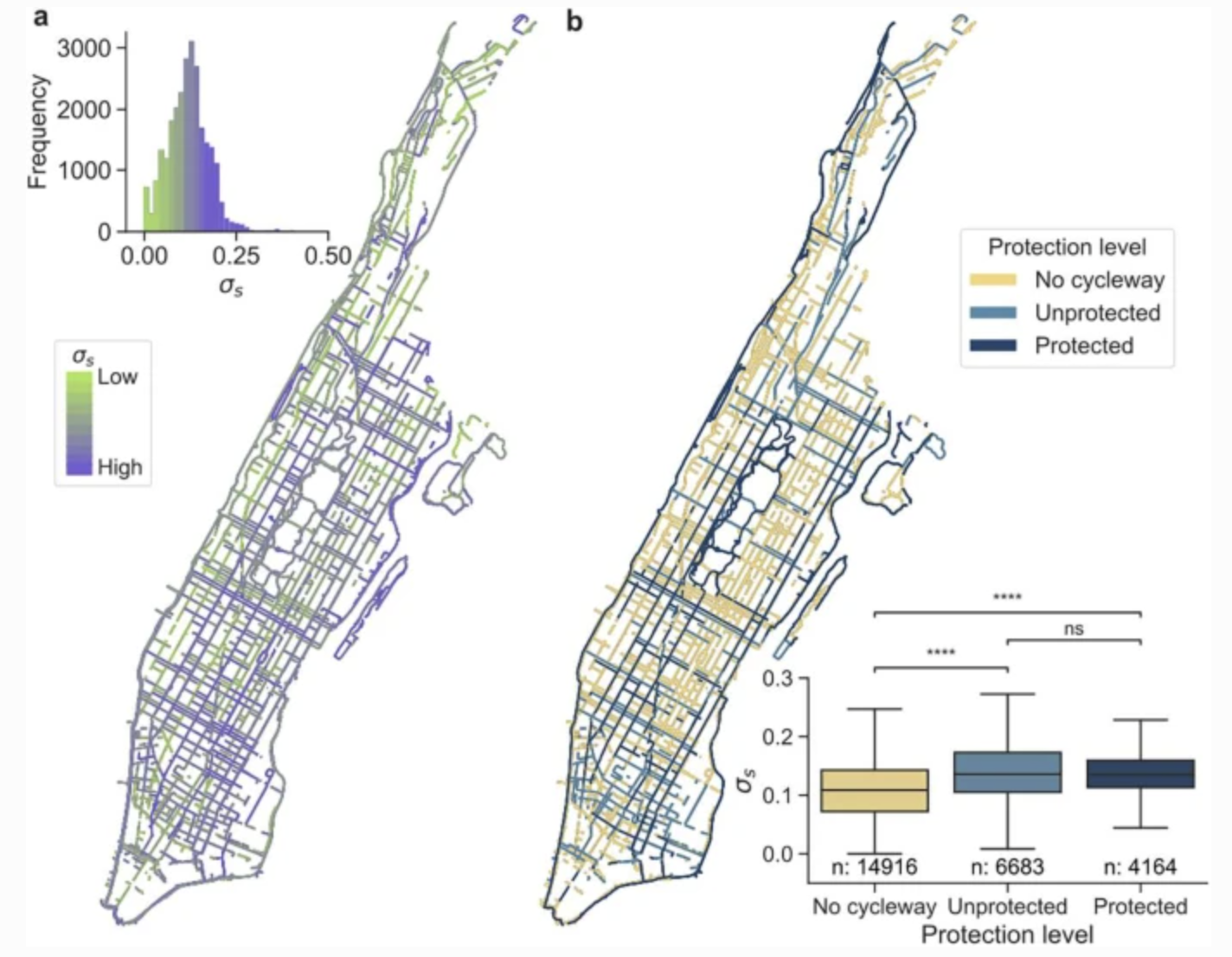 We have two PhD positions open! Both salary and working conditions are excellent. Our group is a down-to-earth and fun place to be. Copenhagen is often named the best city in the world to live in, and for good reasons. It’s world-renowned for food, beer, art, music, architecture, the Scandinavian “hygge”, and much more. In Denmark, parental leave is generous, and child-care is excellent and cheap. See the two positions below, and feel free to apply if you fit (you can apply to both).
We have two PhD positions open! Both salary and working conditions are excellent. Our group is a down-to-earth and fun place to be. Copenhagen is often named the best city in the world to live in, and for good reasons. It’s world-renowned for food, beer, art, music, architecture, the Scandinavian “hygge”, and much more. In Denmark, parental leave is generous, and child-care is excellent and cheap. See the two positions below, and feel free to apply if you fit (you can apply to both).
Position number 1
This PhD will work under the supervision of Roberta Sinatra, will be employed at SODAS (University of Copenhagen), and will have affiliations with the NEtwoRks, Data, and Society (NERDS) group at IT University of Copenhagen and with the pioneer center for AI. The topic is on Science of Science and Algorithmic fairness. The PhD position is part of a large project, funded by the Villum Foundation, aimed to uncover the bias mechanisms that drive scientific impact, and to use them to create fair algorithms. The project will involve the analysis of large-scale datasets, running controlled experiments, and modelling social dynamics in science. Our priority is to attract technically strong researchers who are interested in asking bold, new questions with data. The team executing the project is composed of the PI, two postdocs, and one PhD student.
Apply here by April 1st 2023: https://jobportal.ku.dk/videnskabelige-stillinger/?show=158564
Contact Roberta Sinatra (robertasinatra@sodas.ku.dk) if you have any questions
Position number 2
This PhD will work under the supervision of Vedran Sekara, with co-supervisor Roberta Sinatra, will be employed in the NEtwoRks, Data, and Society (NERDS) group at IT University of Copenhagen, and will have an affiliation with the pioneer center for AI. The PhD position is funded by the pioneer center for AI and the topic is predictability of social systems. Indeed, with the rise of algorithmic decision-making and with automated systems mediating an increasingly larger part of our social, cultural, economic, and political interactions, it is vital to understand the limits of prediction and when predictive accuracies fall short of expectations. The overreaching goal of this proposal is to develop an empirical and theoretical understanding of predictability in social networks and human mobility. Are prediction limits determined by the size and bias present in datasets, the scale of computational power, or are there fundamental limits to prediction?
Apply here by April 1st 2023, make sure to specify the project (last one listed): https://candidate.hr-manager.net/ApplicationInit.aspx?cid=119&ProjectId=181550&DepartmentId=3439&MediaId=5
Contact Vedran Sekara (vsek@itu.dk) if you have any questions.

